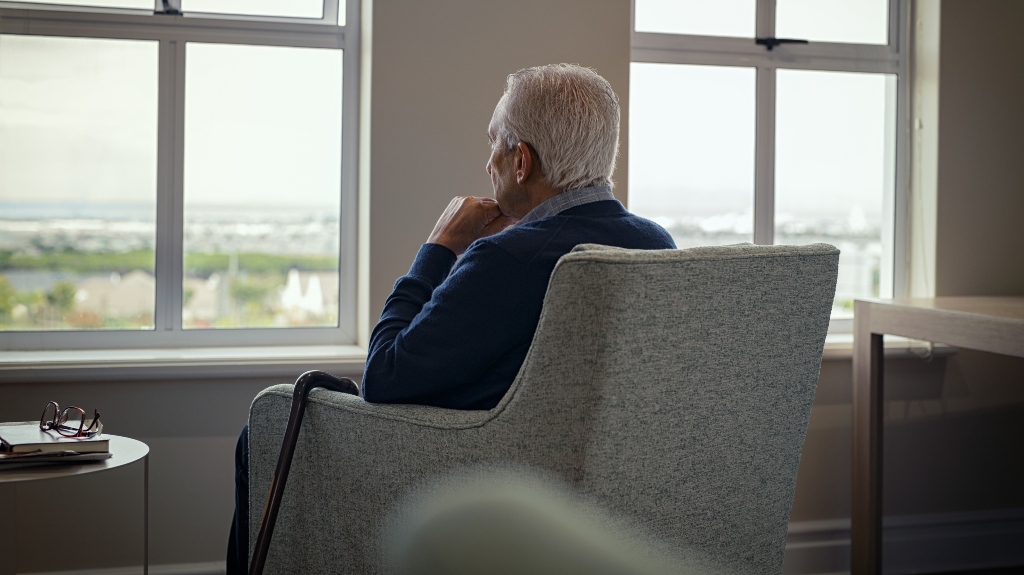
The decision to move a loved one into a nursing home or assisted living facility can be difficult for the whole family. As a result, when individuals learn that injuries, illnesses, infections, and even death can occur in a nursing home due to a failure to provide the legally mandated level of care, the situation can become even more taxing. However, if a loved one is injured in a nursing home due to medical malpractice, they may have legal options they can pursue, including seeking financial compensation for the harm they sustained.
Having Issues in a Nursing Home? What Do You Need To Prove?
Negligence generally refers to the failure to take reasonable care that results in another person’s harm. In Virginia, nursing homes have a legal duty to offer a reasonable level of care to their residents. This also means that residents need to be protected from abuse and neglect and be able to live in a safe environment. If this duty is not met, and a resident is injured as a result of the breach, the nursing home may be liable for monetary damages. At times, nursing home negligence may even be considered a form of medical malpractice, depending on the circumstances.
Breach of Duty
There are several different ways a nursing home can breach its duty of care, including the following:
- A failure to offer proper medical treatment, such as appropriate medication
- Improper staff hiring, training, or supervision
- Not keeping the facility free of dangers or reasonably safe
- Improper safety and health policies
- Failing to supervise residents and assist them properly
- Allowing residents to develop bed sores
- Ignoring medical concerns
Can You Bring Legal Action Against the Nursing Home?
When an individual suffers an infection, injury, or illness due to a nursing home’s wrongful or negligent actions, the resident may be able to pursue legal action against the nursing home. In addition, depending on the situation, a resident’s loved one or a personal representative may also be able to file a lawsuit and pursue compensation for any harm caused by the nursing home.
Issues That Can Impact a Nursing Home Medical Malpractice Legal Claim
In Virginia, there are various statutes and circumstances that can impact a nursing home’s medical malpractice claim. For instance, the state has specific deadlines by when individuals need to file their legal cases. These deadlines are referred to as the statute of limitations, and failing to meet these deadlines can result in the court barring an individual’s case and stopping them from obtaining the compensation they may be entitled to.
In addition, Virginia also caps punitive damages, which can ultimately affect a person’s financial recovery. That is why, following an incident in a nursing home, it is important to reach out to an experienced Virginia nursing home attorney. These legal professionals can review the financial recoveries you may be able to pursue, determine the legal options you have, and help you fight for the justice you and your family deserve.
Contact Hollingsworth Law for Further Information About Medical Malpractice in Nursing Homes
At Hollingsworth Law, our skilled Virginia legal team understands the complexities of medical malpractice cases and the challenges these legal claims can result in. That is why we have a dedicated group of attorneys specializing in this field. These legal professionals work tirelessly to investigate the details of each case, consult with medical experts, and create a robust legal strategy.
If you believe you have a medical malpractice case due to nursing home negligence, contact Hollingsworth Law today to learn more about your legal options.

